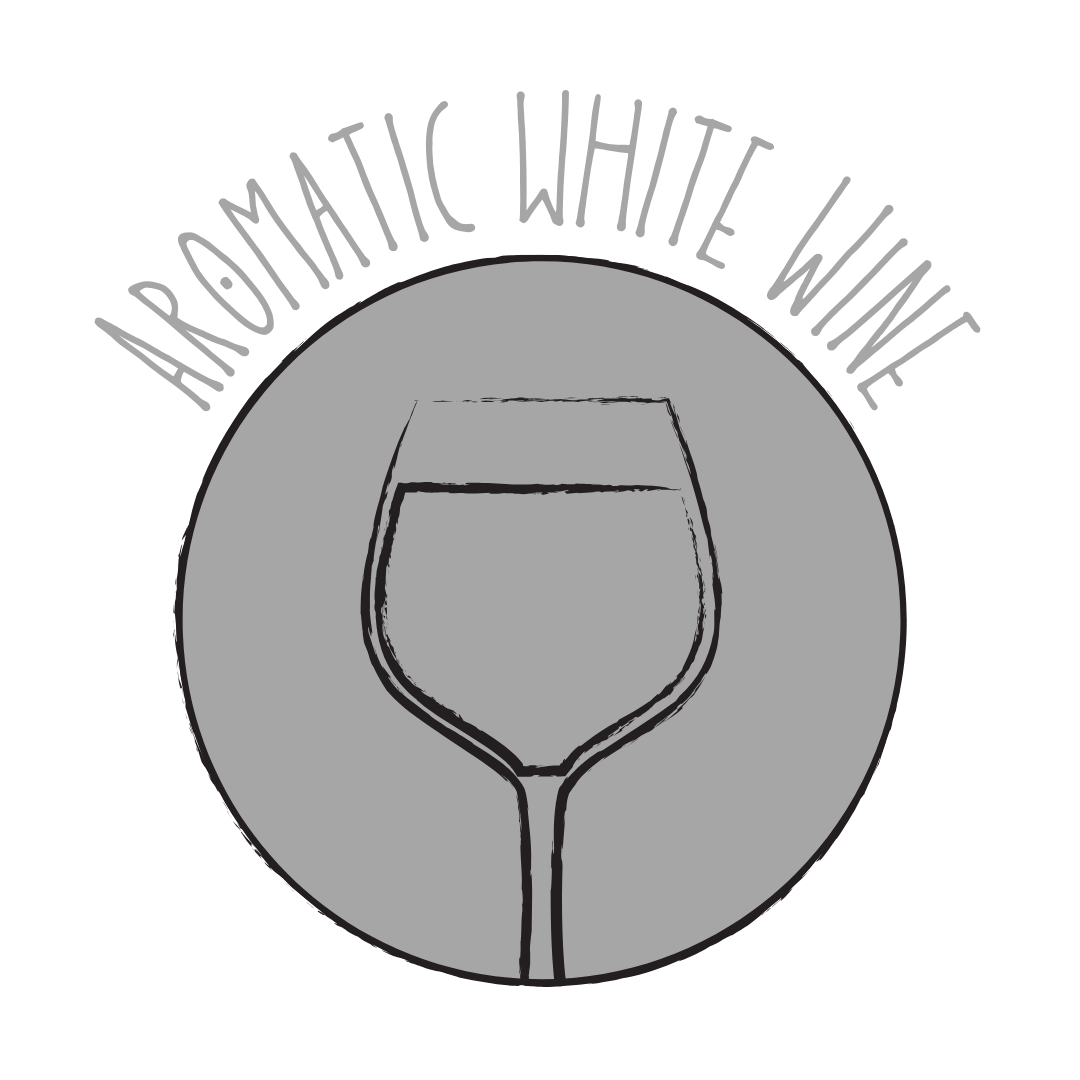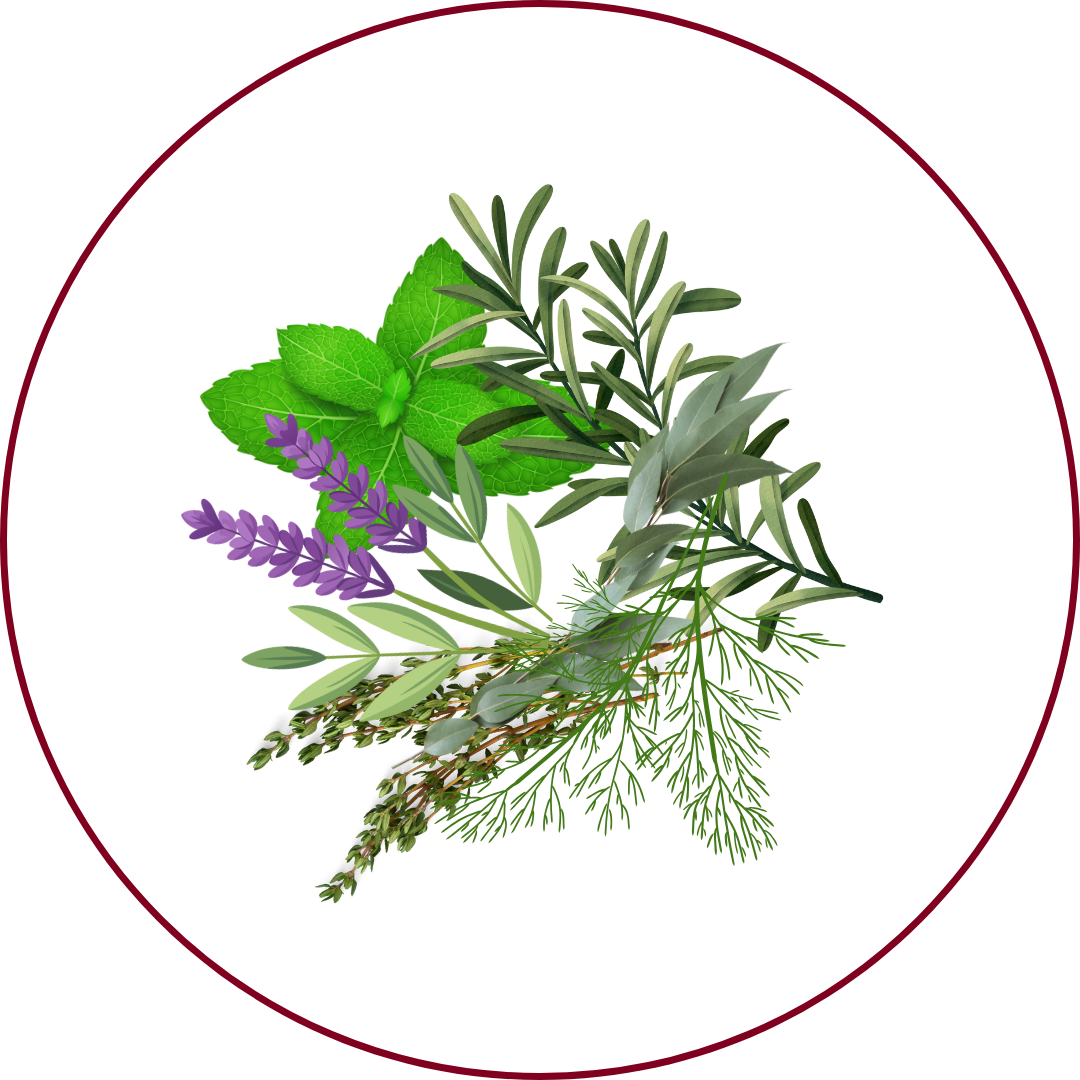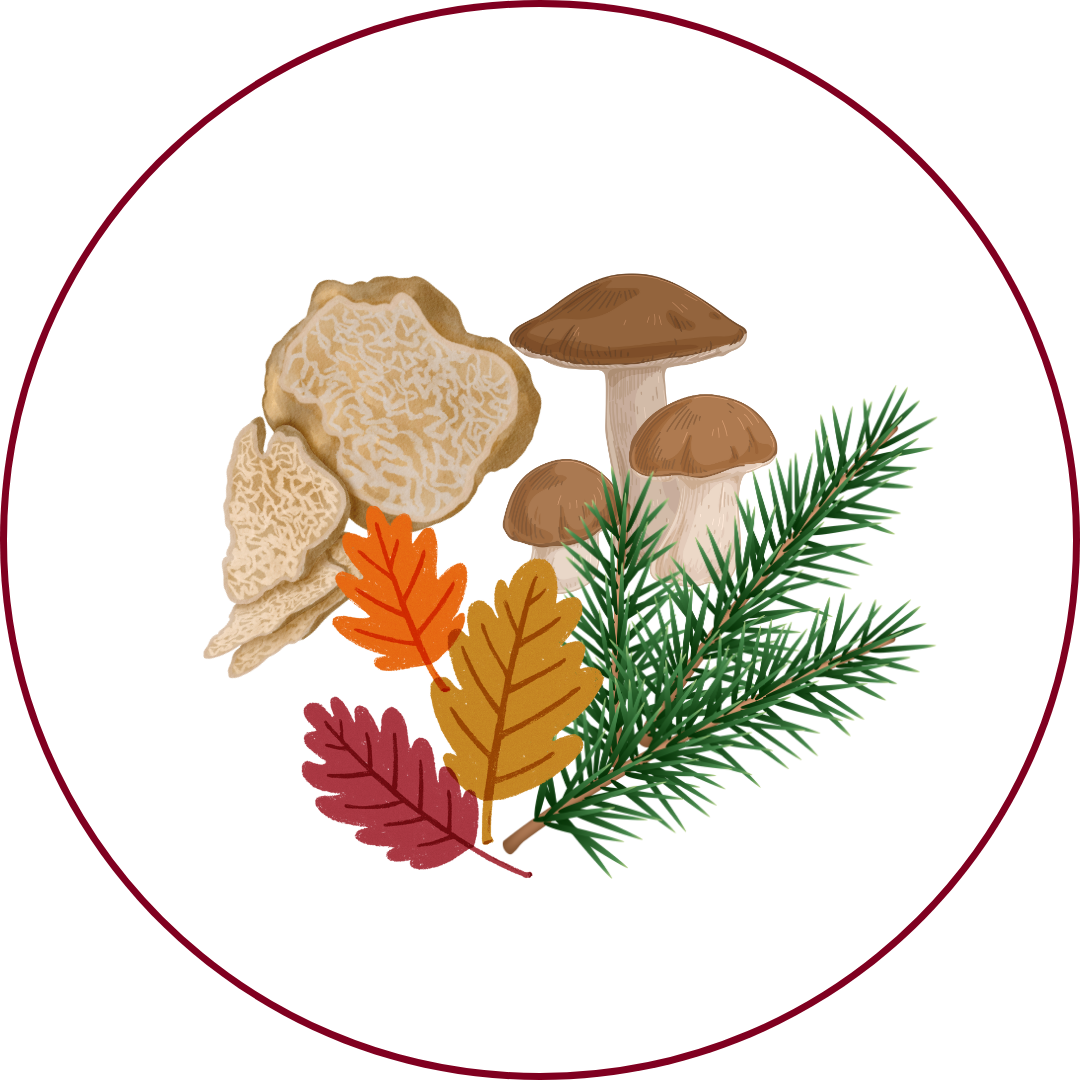Grape Variety
Rufete
"roo-FEH-teh"
Wine Styles
 Sparkling
Sparkling Light White
Light White Full White
Full White Aromatic
Aromatic Rosé
Rosé Light Red
Light Red Medium Red
Medium Red Full Red
Full Red Dessert
DessertAbout Rufete
Origin
Iberian Peninsula, particularly Spain and Portugal
History
Rufete is an ancient red grape variety native to the Iberian Peninsula, with a strong presence in both Spain and Portugal. In Portugal, it is primarily grown in the Douro, Dão, and Beira Interior regions, often known by the synonym Tinta Pinheira. In Spain, it is cultivated in the Castile and León region, notably in the Arribes DO. Historically, Rufete was used mainly in blends, including fortified wines like Port. In recent years, there has been a renewed interest in producing single-varietal Rufete wines, highlighting its unique characteristics.
Appearance
Medium-sized, thin-skinned, dark blue to black berries growing in compact clusters.
Growing Traits
Rufete is a late-ripening variety that adapts well to hot, dry climates and prefers well-drained soils, such as the schist soils characteristic of the Douro region. It is prone to fungal diseases like mildew and oidium, requiring careful vineyard management. The grape tends to overcrop, so yield control is essential to ensure quality, as excessive yields can lead to lower sugar levels and color intensity.
Wine Characteristics
Body
2/5
Sweetness
1/5
Tannin
2/5
Acidity
3/5
Alcohol
2/5
Light to medium-bodied with a delicate structure, often contributing to the elegance of blended wines. Typically vinified dry, though it can be used in the production of fortified wines like Port. Moderate tannin levels, providing a gentle structure to wines. Medium acidity, contributing to the freshness and balance of the wine. Moderate alcohol content, generally ranging from 11% to 13%, depending on the winemaking style.
Taste Profile

Red cherry

Strawberry

Raspberry

Herbal

Earthy
Rufete wines are known for their aromatic profile, featuring red fruit flavors such as cherry, strawberry, and raspberry, complemented by herbal notes and earthy undertones. The wines typically exhibit a light color with a delicate structure, moderate tannins, and balanced acidity, making them approachable and food-friendly. When fully ripened, Rufete can produce wines with greater aromatic intensity and complexity.
Food Pairing
Rufete's light to medium body and fresh acidity make it a versatile partner for various dishes. It pairs well with traditional Iberian cuisine, such as grilled lamb, suckling pig, and cured meats. The wine's red fruit flavors and herbal notes complement dishes like beef stroganoff and grilled vegetables. Its moderate tannins and acidity also make it suitable for pairing with semi-hard cheeses.
Growing Regions

Portugal
DouroDãoBeira Interior

Spain
Castile and LeónArribes DO
Notable Wines & Producers
Quinta dos Termos Rufete
Quinta dos Termos
Bodegas Frontio Rufete
Bodegas Frontio
Vinos la Zorra Rufete
Vinos la Zorra
Rufete FAQ
Common questions about this grape variety
What is the origin of Rufete?
+
Iberian Peninsula, particularly Spain and Portugal
Is Rufete wine full bodied?
+
Rufete has a body level of 2 out of 5. Which means that Rufete is Moderate to Light bodied.
Is Rufete wine dry or sweet?
+
Rufete has a dryness level of 1 out of 5. Which means that Rufete is Dry.
Where is Rufete wine from?
+
Iberian Peninsula, particularly Spain and Portugal
Where is Rufete grown?
+
Rufete is grown in Portugal (Douro, Dão, Beira Interior)Spain (Castile and León, Arribes DO).
What is Rufete like?
+
Rufete wines are known for their aromatic profile, featuring red fruit flavors such as cherry, strawberry, and raspberry, complemented by herbal notes and earthy undertones. The wines typically exhibit a light color with a delicate structure, moderate tannins, and balanced acidity, making them approachable and food-friendly. When fully ripened, Rufete can produce wines with greater aromatic intensity and complexity.
What does Rufete pair with?
+
Rufete's light to medium body and fresh acidity make it a versatile partner for various dishes. It pairs well with traditional Iberian cuisine, such as grilled lamb, suckling pig, and cured meats. The wine's red fruit flavors and herbal notes complement dishes like beef stroganoff and grilled vegetables. Its moderate tannins and acidity also make it suitable for pairing with semi-hard cheeses.
What does Rufete taste like?
+
Rufete wines are known for their aromatic profile, featuring red fruit flavors such as cherry, strawberry, and raspberry, complemented by herbal notes and earthy undertones. The wines typically exhibit a light color with a delicate structure, moderate tannins, and balanced acidity, making them approachable and food-friendly. When fully ripened, Rufete can produce wines with greater aromatic intensity and complexity.
Take Rufete Knowledge with You
Access detailed grape profiles, tasting notes, and pairing suggestions on your iPhone.
Download on theApp Store